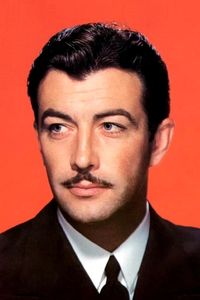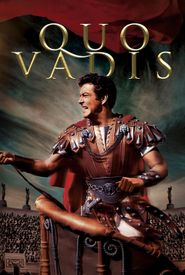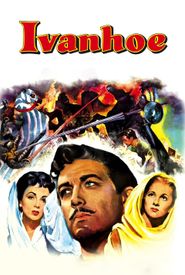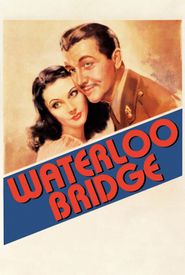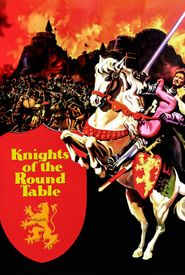Born Spangler Arlington Brugh, Robert Taylor began displaying a diversity of talents in his youth on the plains of Nebraska. He was a standout track athlete at Beatrice High School, where he also showed a talent for using his voice, winning several oratory awards. He was a musician and played the cello in the school orchestra.
After graduating from high school, Taylor thought of music as a vocation and started studying music at Doane College in Crete, Nebraska. However, he decided to follow in his father's footsteps and study medicine. He enrolled at Pomona College, but also joined the campus theater group and found himself in many lead roles due to his handsome features.
Taylor was inspired to go on to the Neely Dixon Dramatic School, but about a year after graduating from Pomona, he was spotted by an MGM talent scout and given a contract in 1934. That same year, he appeared in his first movie, on loan-out to Fox for a Will Rogers entry, Handy Andy (1934). He also did an MGM short, Buried Loot (1935),for its "Crime Does Not Pay" series, which provided good exposure.
In 1935, Taylor did even better by being cast as the lead, again on loan-out, this time to Universal Pictures, in Magnificent Obsession (1935) with Irene Dunne. The movie was a big hit, and Taylor had a taste of instant box-office stardom. Along with his good looks, Taylor already showed solid dramatic skill.
However, critics viewed him as a no-talent flash-in-the-pan getting by on his looks. He had to endure some brutal reviews through his first years in Hollywood, but they would soon fade away. In 1935 alone, he appeared in seven films, and by the end of the year, he was at the top of his form as a leading man and being offered substantial scripts.
The next year, he appeared with Greta Garbo in Camille (1936),and for the remainder of the decade, MGM's vehicles for him - not to mention a pantheon of top actresses - clicked with audiences. On a personal level, despite his impressive family background and education, Taylor would often strike those who met him as a mental lightweight.
Intellectually inclined actress Luise Rainer was shocked when she struck up a conversation with him at a studio function in 1937 and asked him what his goals were, only to have him sincerely reply that his most important goal was to accumulate "a wardrobe of ten fine custom-tailored suits." That he usually comes across on screen as having a confident, commanding presence is more of a testimony to his acting talent than his actual personality.
He held rigid right-wing political beliefs that he refused to question and, when confronted with an opposing viewpoint, would simply reject it outright. He rarely, if ever, felt the need to be introspective. Taylor simply felt blessed to be working behind the walls of MGM.
His affection for the studio would blind him to the fact that boss Louis B. Mayer masterfully manipulated him for nearly two decades, keeping Taylor's salary the lowest of any major Hollywood star. But this is also indicative of how much trust he placed in the hands of the studio's leaders.
Indeed, Taylor remained the quintessential MGM company man and would be rewarded by remaining employed there until the demise of the studio system in the late 1950s, outlasting its legend, Clark Gable.
